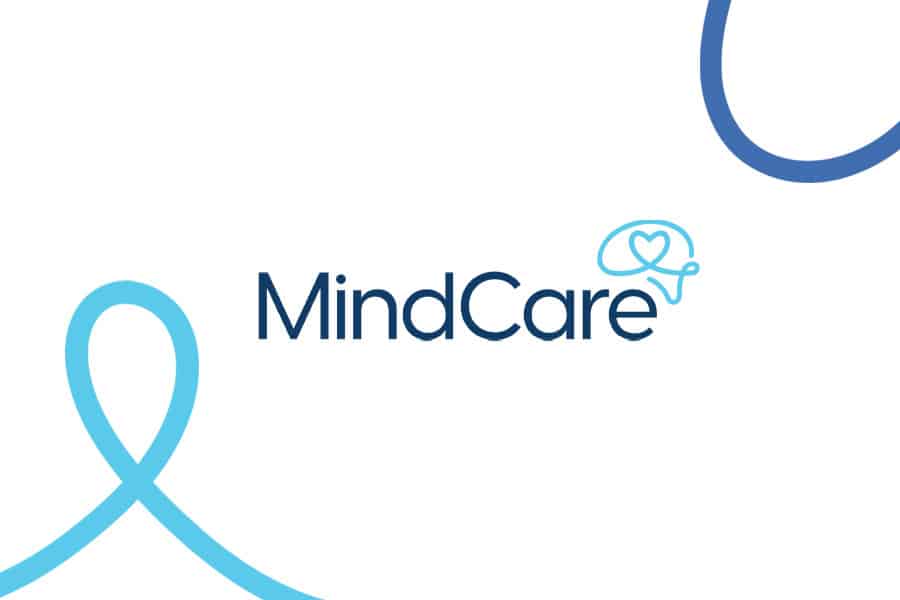Depression is a mental health condition that affects mood, motivation, and daily functioning.
It involves persistent sadness, low energy, and disinterest in life. Despite how common it is, many people hesitate to seek help due to stigma—often driven by myths, misunderstanding, or shame.
“Depression is the inability to construct a future.” — Rollo May
How common is depression and who does it affect?
Depression affects people of all ages, genders, and backgrounds.
According to the Mayo Clinic, depression can:
- Interfere with school, work, or relationships
- Cause irritability, guilt, or fatigue
- Go unrecognised, especially in those who hide symptoms
It is not a weakness. It’s a health condition with biological, psychological, and social roots.
How can we break the stigma around depression?
Breaking the stigma requires awareness, empathy, and education.
Stigma can make individuals feel:
- Ashamed of asking for help
- Misunderstood by family or colleagues
- Isolated from meaningful support
To break the stigma:
- Speak openly about depression
- Share facts, not myths
- Support others without judgement
Mind Care plays a key role in reducing stigma by creating a safe space for honest mental health conversations.
What are proven strategies to manage depression?
1. Seek Professional Support
A mental health professional can diagnose depression and offer tailored treatment.
Mind Care offers access to:
- Psychiatrists
- Psychologists
- Occupational therapists
- Multidisciplinary support under the NDIS
Treatment plans may include therapy, medication, or both.
2. Communicate with Someone You Trust
Talking reduces isolation and brings relief.
Whether it’s:
- A family member
- A friend
- A helpline
Opening up builds connection and emotional release.
3. Stay Physically Active
Exercise increases endorphins and reduces depressive symptoms.
Regular movement:
- Improves mood
- Boosts self-esteem
- Enhances sleep
Even walking 30 minutes a day has proven benefits.
4. Maintain a Balanced Diet
Nutrition affects brain health and energy.
Include:
- Omega-3 fatty acids
- B vitamins
- Magnesium and zinc
Avoid alcohol and processed sugars where possible.
5. Practice Mindfulness and Meditation
Mindfulness reduces rumination and anchors the mind in the present.
Meditation promotes:
- Emotional regulation
- Lower cortisol levels
- Reduced anxiety and depressive symptoms
6. Avoid Alcohol and Recreational Drugs
Alcohol is a depressant and can worsen mood disorders.
Substances may:
- Disrupt brain chemistry
- Increase emotional instability
- Delay healing
What role does Mind Care play in helping people with depression?
Mind Care offers compassionate, multidisciplinary treatment for depression in a stigma-free environment.
Based in the Hunter Region, NSW, Mind Care supports clients through:
- Psychiatry, psychology, and allied health
- Early intervention programs
- Therapy for children, teens, and adults
- NDIS-registered services tailored to individual goals
Their focus is on safety, empowerment, and recovery—not labels or shame.
FAQs
What is depression?
A mental health disorder with symptoms like sadness, disinterest, fatigue, and poor concentration.
How can I deal with depression?
Use strategies such as professional therapy, exercise, nutrition, and mindfulness.
Why is professional help important?
Mental health professionals offer diagnosis and proven treatment strategies.
Does exercise really help with depression?
Yes. It boosts feel-good chemicals like endorphins and improves mood and energy.
How does diet influence depression?
Good nutrition supports brain function and reduces inflammation, improving mood.
Why is there stigma around depression?
Stigma comes from misinformation and the false belief that depression is a weakness.
How can I help reduce mental health stigma?
Educate others, speak openly, and support without judgement.
How can I access support from Mind Care?
Mind Care provides professional services in a safe, inclusive setting. You can schedule a consultation or request a callback.
Ready to take a step toward managing depression?
You deserve support that’s grounded in empathy, not judgement.
At Mind Care, our team offers therapy and tailored care to help you manage depression and reclaim your wellbeing.
Contact us today to book a confidential consultation and start a personalised plan for recovery—because your mental health matters.











